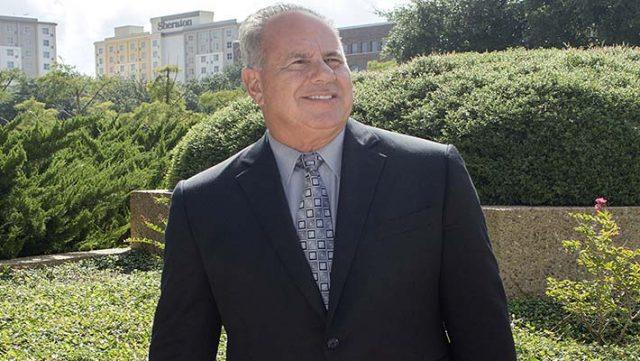By Joshua West and Colt Taylor
Students making the transition from high school to college often struggle to understand the differences between the two environments.
“In college, students are 100 percent responsible for their learning,” said Christi Bluefeather, TR reading assistant professor. “In the beginning of the semester, students are given the expectations of the classes and date outlines for major projects and tests.”
College professors expect students to be self-reliant.
“Professors generally do not chase students to turn in work or even accept late, makeup work,” Bluefeather said. “When a student is absent, it is the student’s responsibility to get the missed work from another classmate, but do not expect to be able to turn in something late because you missed class.”
NE history assistant professor Peter Hacker said college students often face anxiety.
“If you are shy, I would say sit back for the first couple of weeks and just observe, and watch the more experienced students, see the questions they ask and observe how the professor answers them,” Hacker said. “You just study it, and you’ll develop more confidence in the classroom.”
College students face many troubles in the first year of college. Students who work, have family, become sick or develop medical issues may experience higher levels of stress.
“Understanding the markers and indicators for increased stress and how to deal with that is imperative for a healthy stress response,” Bluefeather said. “Thoughts of suicide may not be uncommon for overwhelmed first-year college students. All this being said, there are resources on campus to help students.”
College students who use the resources given to them are more likely to be successful.
“Utilizing all the labs and support on campus is a big help. Those students who do their homework on campus in the labs tend to do better with their grades,” Bluefeather said.
TCC offers numerous resources to students struggling with stress including counseling centers at each campus run by mental health professionals. These counselors can give students information on stress and stress management to help students on their journey.
The counseling centers also hold seminars on stress management and self-care as well as depression screenings.
“Find out as much information as possible about the resources on campus,” said South counseling director Ticily Medley.



























